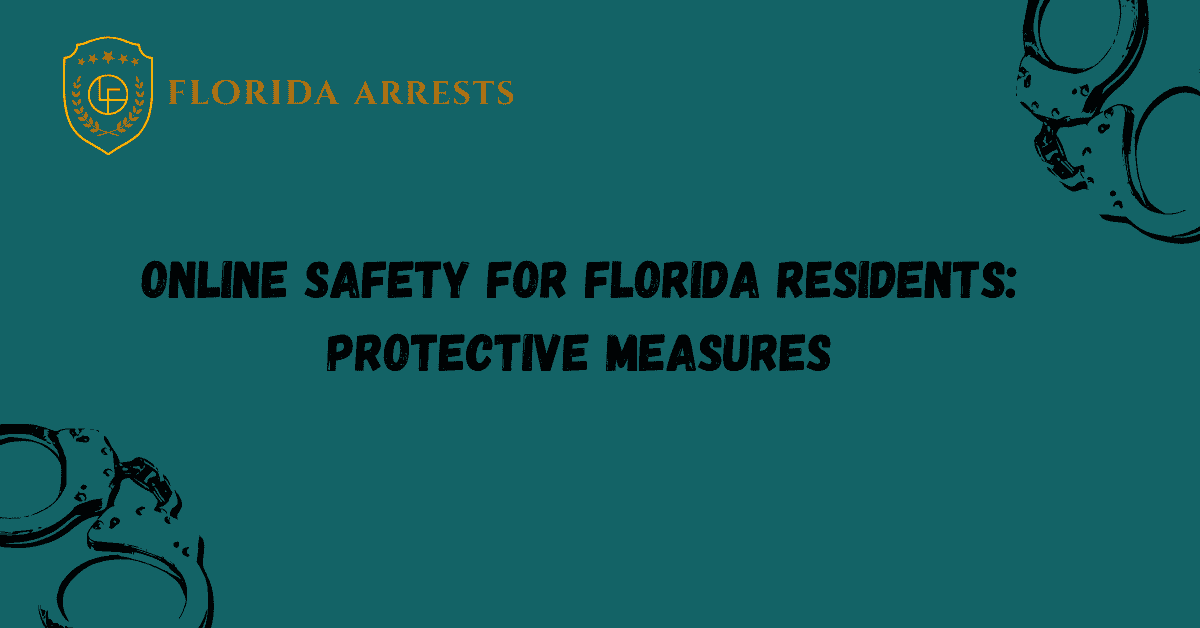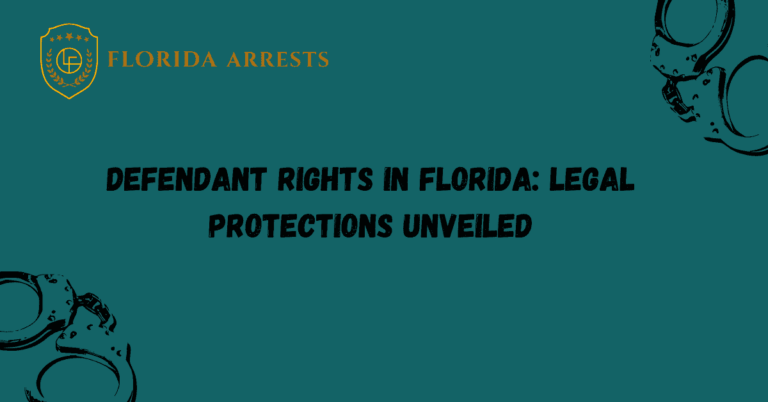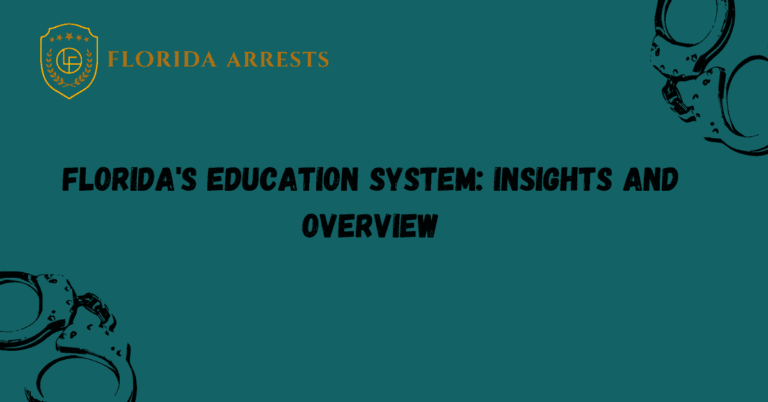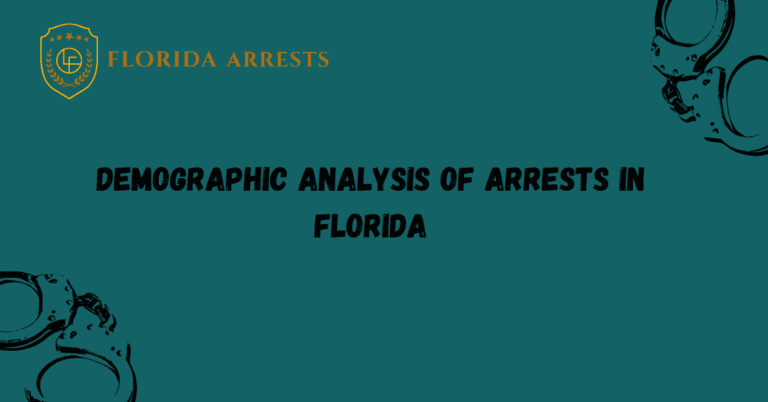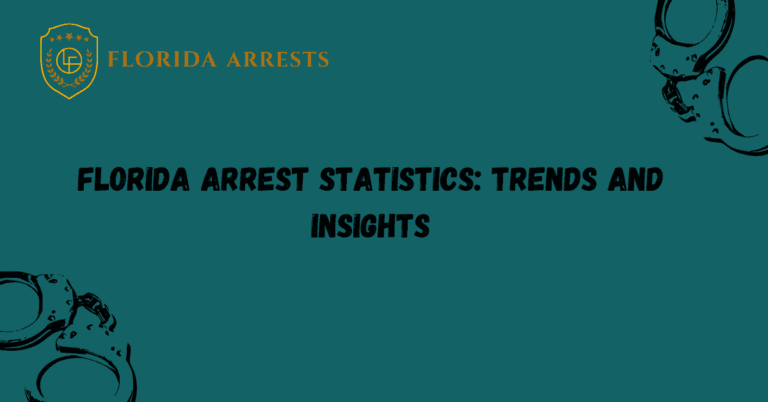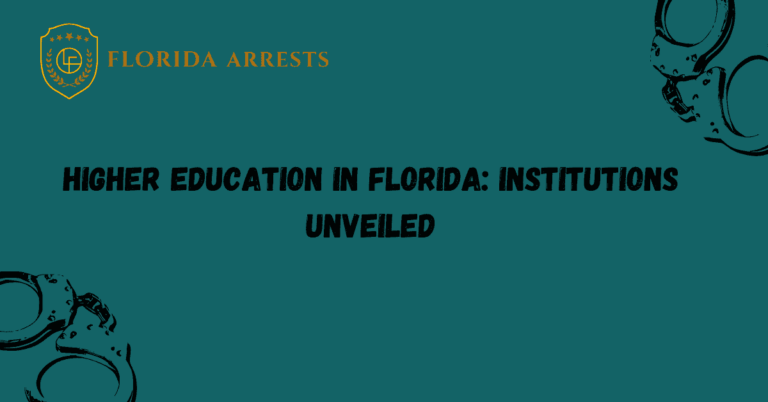Online Safety for Florida Residents: Protective Measures
As technology continues to evolve and become an integral part of our daily lives, it is crucial to prioritize online safety, especially for Florida residents. With the increasing prevalence of cyber threats and identity theft, it is essential to take proactive measures to protect ourselves and our personal information. This article aims to provide valuable insights and practical tips on how to stay safe and secure in the digital world.
Understanding Cybersecurity
In this section, we will provide an overview of cybersecurity and why it is essential in today’s digital world. We will explain the concept of cyber threats and the potential risks they pose to individuals and organizations. By understanding the importance of cybersecurity, you will be better equipped to protect yourself and your personal information.
Securing Your Devices
In this section, we will discuss practical tips for securing your devices, including smartphones, laptops, and tablets. We will cover topics such as setting strong passwords, enabling two-factor authentication, and keeping your software up to date. By implementing these measures, you can reduce the risk of unauthorized access and protect your data from cybercriminals.
Protecting Your Online Identity
In this section, we will explore strategies for protecting your online identity. We will discuss the importance of creating unique and strong passwords for each online account, as well as the use of password managers to securely store your credentials. Additionally, we will cover the topic of phishing and how to identify and avoid phishing attempts that could compromise your personal information.
Safely Navigating the Internet
In this section, we will provide tips for browsing the internet safely. We will discuss the importance of using secure websites with HTTPS encryption and avoiding suspicious links and downloads. We will also cover the topic of public Wi-Fi networks and the precautions you should take when connecting to them to protect your data from potential eavesdropping.
Social Media Safety
In this section, we will address the risks associated with social media and provide tips for staying safe while using these platforms. We will discuss privacy settings, the importance of being cautious about sharing personal information, and how to recognize and avoid social engineering attacks. By following these guidelines, you can enjoy the benefits of social media while minimizing potential risks.
Protecting Your Personal Data
In this section, we will emphasize the importance of protecting your personal data. We will discuss data breaches and how they can expose sensitive information. We will provide tips for creating strong and unique passwords, using encryption for sensitive files, and regularly backing up your data. By implementing these measures, you can safeguard your personal information even in the event of a security breach.
Staying Up to Date with Cybersecurity
In this final section, we will emphasize the importance of staying informed about cybersecurity trends and best practices. We will discuss the value of regularly updating your devices and software, as well as the significance of educating yourself about the latest cyber threats. By staying up to date, you can adapt to evolving cybersecurity challenges and better protect yourself and your digital life.
FAQs
What are the key online safety concerns for Florida residents?
Florida residents may face various online threats, including identity theft, phishing scams, cyberbullying, and online fraud. It’s crucial to stay informed about these potential risks.
How can I protect my personal information online?
To protect your personal information online, you should avoid sharing sensitive information on unsecured websites, use strong and unique passwords, enable two-factor authentication, and regularly update your devices and software.
What are the risks of using public Wi-Fi networks?
Using public Wi-Fi networks can expose your personal information to hackers. It is important to avoid accessing sensitive information such as online banking or shopping websites while connected to public Wi-Fi. Using a virtual private network (VPN) can also help secure your connection.
How can I detect and avoid phishing scams?
To detect and avoid phishing scams, you should be cautious of unsolicited emails or messages asking for personal information, double-check the URLs of websites before entering login credentials, and avoid clicking on suspicious links or downloading attachments from unknown sources.
What should I do if I suspect my identity has been stolen?
If you suspect your identity has been stolen, you should immediately contact the Federal Trade Commission (FTC) and your local law enforcement. It is important to monitor your financial accounts, change passwords, and consider placing a fraud alert or freeze on your credit reports.
How can I protect my children’s online safety?
To protect your children’s online safety, you should establish clear rules and guidelines for internet usage, monitor their online activities, educate them about online risks and responsible behavior, and use parental control software or settings to restrict access to inappropriate content.

